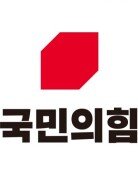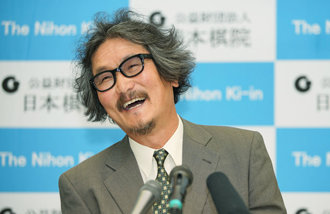[Editorial] Caught in the Middle
U.S. President George W. Bush once again emphasized seeking an end to tyranny and spreading freedom as basic principles of the U.S. government in his State of the Union address yesterday. He singled out Syria, Burma, Zimbabwe, North Korea and Iran by name, saying, Dictatorships shelter terrorists, feed resentment and radicalism, and seek weapons of mass destruction, and stressed that only by ending tyranny and spreading democracy world peace and U.S. security would be guaranteed.
This address leads to speculation that the U.S. will continue to maintain its pressure on North Korea this year, which could make conflicts between the Korean and American governments difficult to solve. At last weeks Lunar New Year press conference, President Roh Moo-hyun said, If the U.S. government pressures North Korea and tries to solve the issue by wishing for the collapse of North Korea, it will lead to friction between Korea and the U.S.
When listening to President Bushs address, one can feel how great of an influence Vice President Dick Cheney and Bushs other neo-conservative cabinet members exert over American foreign policy. It is close to a known fact that in the case of the North Korean nuclear issue, the approaches adopted by some State Department diplomats that puts more weight on dialogue and negotiation all ended in failure because of the objection of Bushs neo-conservative cabinet.
The Korean government should clearly demand North Korea stop its criminal acts such as crimes against human rights and counterfeiting dollars. That is, the government should demand North Korea solve the problems it has caused. In addition, Korean government also should address both the U.S. and North Korea at the same time. It is difficult to expect the smooth development of the Korean U.S. alliance or any advancement in the six-party talks by not saying anything to North Korea while saying what has to be said to the U.S., or by only emphasizing self-reliance and inter-Korean cooperation.
After coming to power, the current administration, starting from President Roh, has been busy embracing North Korea while having a chip on its shoulder regarding the U.S. In the end, however, the government accepted the USFKs strategic flexibility request that it did not truly want, and also participated in the Proliferation Security initiative that pressured North Korea. That is why voices of criticism say: The government has lost both its justification and actual gains, even from within the ruling party. The government should stop boasting about its diplomacy with America.







